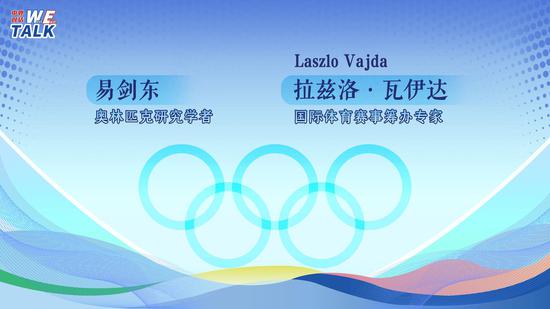
(ECNS) -- As the 2024 Paris Olympics is in full swing, the Olympic movement is exhibiting its charm to the world from France, a country foamed with romance and art. Sports is the common language of human society and an important window for communication and exchanges among countries. How can we tell China's stories to the world through sports? What is the charm of the Olympic movement, and what role does it play in the development and progress of human society?
In the recent W.E. talk, Yi Jiandong, Olympic studies expert, and Laszlo Vajda, senior advisor to international sporting events, were invited to share thoughts upon the above questions.
Raising China as an example, Yi said that people in this industry can show the dynamism of Chinese society. Athletes in international competitions are seen as China's "ambassadors" and "diplomatic envoys" and display the image of Chinese people of being trustworthy, lovable and respectable.
Laszlo said that the past roughly 20 years has been an amazing journey for China in terms of sports. International federations and sports organizations know China can be trusted and China will deliver sports events on the highest level.
Here's the excerpt of the dialogue:
China News Network: What role has China's sports industry played in promoting the development of the society? What is the relevance of the Olympic movement in Chinese society?
Yi Jiandong: Chinese athletes have achieved excellent results in international competitions, demonstrating the progress of society and culture. People in this industry can show the dynamism of Chinese society and promote close and positive interaction and connection between sports and society. The continuous improvement of this motivation and vitality not only facilitates the progress of Chinese society but also provides a reference for the development of the Olympic movement and even helps more countries to show themselves through sports.
Laszlo Vajda: I think the last roughly 20 years has been an amazing journey for China in terms of sports and the Olympic movement. The communication between international organizations and their Chinese counterparts has been improving significantly. China’s event-hosting capability is one of the highlights of how the industry and society jointly improved in this country in the last 20 years. Apart from Beijing and other top-level cities, a lot of first and second-tier cities like Chengdu and Hangzhou have also organized global events on the highest level. International federations and sports organizations know China can be trusted and China will deliver on the highest level.
China News Network: How do you view China's use of the legacy of the Olympics and other events? How can the successful experience of China's grass-root events such as the "Village Super League" shed light on the future organization of large-scale events in an economical way?
Yi Jiandong: China actively hosts international events and is expected to grow into an "Olympic Country". It is the best model for other developing countries. The inheritance of the legacy of events in recent years has been very effective. According to my estimation, the National Stadium, or the "Bird's Nest", brings an annual income of about 250 million yuan, and the parks in its neighborhood have become popular places for jogging.
Grass-root competitions have brought grand sports events closer to people, endless vitality to cities, and spread the frugal, lightweight, and convenient mode of organizing competitions to the world. The International Olympic Committee advocates that the host countries take national characteristics into consideration and catch up on the fly.
Laszlo Vajda: China has been very strong in elite sport recently and ordinary people started living a healthier lifestyle with sport. So “sport for all”, I believe, is one of the legacies of the last 20 years of amazing sports industry development in China.
The other legacies that are very close to my heart are volunteerism and national pride. So I believe, in China, the volunteers are some of the best "ambassadors". They show the world how Chinese society functions. Other than the economic and tourism development, I see that, in China, national pride is also boosted so much by sports achievements. People become even more proud of being Chinese and of witnessing Chinese athletes performing amazingly.
China News Network: What are the differences between Chinese and Western understandings of the Olympics? From a Western perspective, why do Chinese sports and Chinese athletes attract the world's attention?
Yi Jiandong: The Olympic Movement has achieved sustainable development in terms of the cultural exchanges between China and the West and that's sustainable. As ordinary people, we seek to integrate body, spirit and will; at the social level, sports have been advocated to integrate culture with education. The Olympic Movement emphasizes the educational value of excellent role models. Many people vent their negative emotions through sports and achieve mental balance. However, we resist the trend of negative sides of fandom culture and suggest that the government strengthen social education and refine sports management rules.
Typical individuals can change foreigners' impressions of Chinese people. The new generation of athletes not only care about their results, but also integrate national honor with their own competitive performance and expression. The display of vivid personalities is an important cultural landscape that China has shown to the world.
Laszlo Vajda: Olympic studies have been added to the curriculum of primary and secondary schools in China. In 2002, we had 500 Example or Pilot Schools nationwide. I think the strong presence of Olympic studies and Olympic values in curriculum in China, especially when it comes to elementary and secondary schools, is unique. In China, thanks to the central government and to the local governments, young boys and girls started to be exposed to Olympic values from the age of six. In a general sense, when Chinese people look at the Olympic Games, they may be a little more sentimental. It is part of the Chinese way of looking at things.
China News Network: In recent years, Chinese athletes have been observed to become more courageous in expressing themselves. What role does sports play in telling China’s stories to the world?
Yi Jiandong: In some popular sports events, the performance of Chinese athletes has an important impact on the international impression of Chinese people. For example, tennis player Zheng Qinwen has a good command of English, rigorous logic and approachable personality. This is how excellent athletes display the image of Chinese people of being trustworthy, lovable and respectable. I think the outstanding performance of athletes on the sports field, their decent manners, temperament and style of conversation all matter a lot. Because in a sense, athletes in international competitions are actually China's "ambassadors" and "diplomatic envoys".
Laszlo Vajda: During a lecture, I asked the audience who the most famous Chinese athlete is and they said Yao Ming could be the answer possible. I am very much looking forward to that the 2024 Games now in Paris, again, can produce "Chinese Heroes" who then through social media mainly will influence young people in China. So I think properly it has amazing penetration capability to influence the lifestyle of young Chinese boys and girls, men and women.
China News Network: What opportunities and challenges does the Olympic cause face? How can China better use sports to benefit the Chinese people and the world?
Yi Jiandong: At present, political, economic and cultural factors have brought challenges and opportunities to the Olympic Movement. Have we sent enough passionate, responsible and capable people to work in international sports organizations to win the trust of others? Chinese people should have the confidence, ability and will to participate in more international sports affairs.
Laszlo Vajda: On the one hand, one of the big challenges for winter sports in general is climate change. China is lucky because the northern part still experiences a lot of snow. So one opportunity I think for Chinese winter sports industry is to develop these regions where we still have snow. They become some of the very new houses globally where you can still do winter sports.
On the other hand, if you have multiple millions of people following you, you do influence how people think. A lot of people may turn into role model athletes for opinion or potential guidance.
China News Network: In addition to organizing events, in what other areas of sports can China and the rest of the world strengthen cooperation? What role will athletes play in this process?
Yi Jiandong: In terms of strengthening cooperation, first of all, we should continue to promote cultural exchanges and organize youth cultural and sports events. Secondly, more Chinese people need to work in international sports organizations as leaders, decision-makers, and participants. Thirdly, we need to strengthen sports exchanges with relevant countries. Fourth, China should express its views more clearly in the discussion of the world sports governance structure. Finally, athletes on the international stage should receive training and education to be not only able to become gold medal winners but also the exemplification of the style and temperament of the Chinese people.
Laszlo Vajda: I look forward to new "Chinese Heroes" in the Paris Olympics. Many successful athletes are the future of Chinese “sports diplomacy” - they can be position holders in the international federations and they are determined as the representatives of the generation of Chinese people. So I would really like to see and encourage authorities to manage to build up these young sports diplomats.
China News Network: How do you view the role of football in Chinese sports?
Yi Jiandong: Football is one of the most difficult and complex sports. It requires participating countries and regions to have a rich football history and culture, a sound project system and a solid talent training system. These are touchstones for testing the effectiveness of local football talent training over decades or even hundreds of years, the social support system and the degree of integration of local culture with football.
Laszlo Vajda: My big dream, if I could share this with all of you, is that China would host the FIFA World Cup one day. Infrastructure is in place at the moment. And there are millions of young Chinese boys and young men taking up football. I hope the system will mature and develop in the sense that in a few years, we can see a strong and important China team. I hope in, not very long time in the future, we will see China hosting “the most amazing event” in the world, which is the FIFA World Cup (in China).








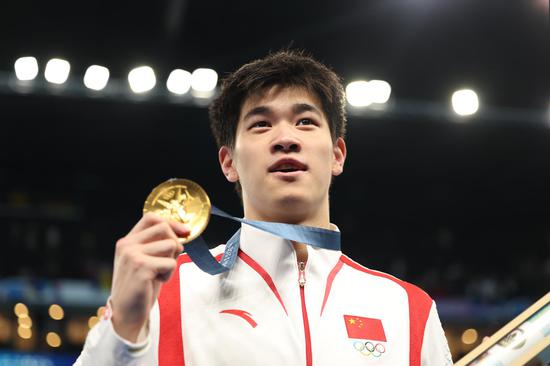
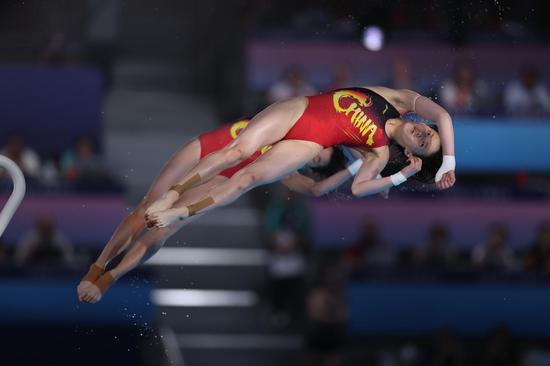
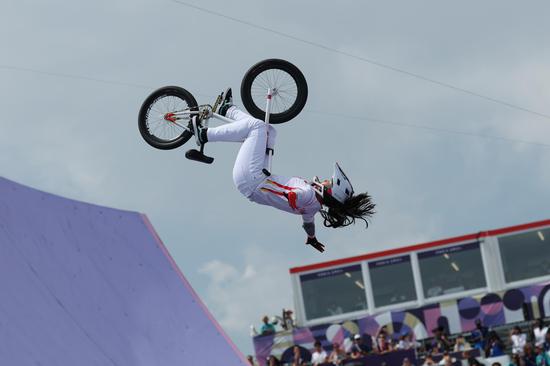
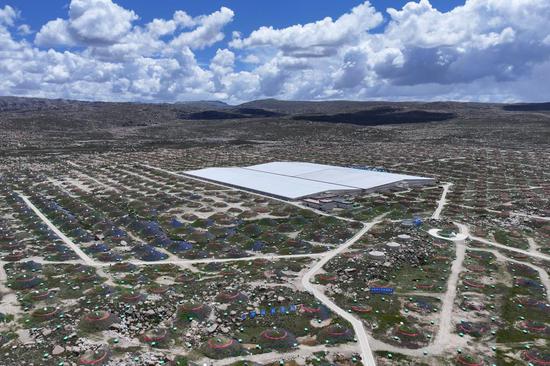
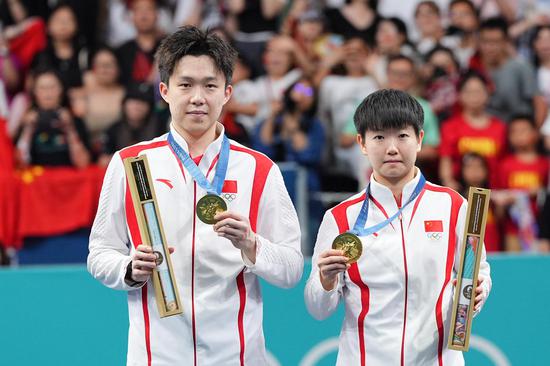
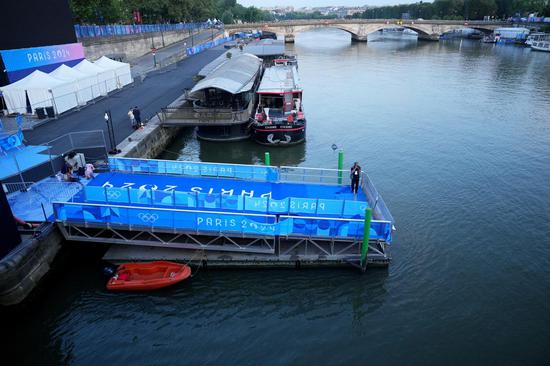
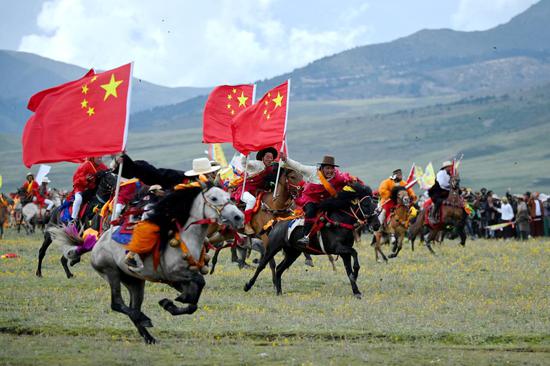
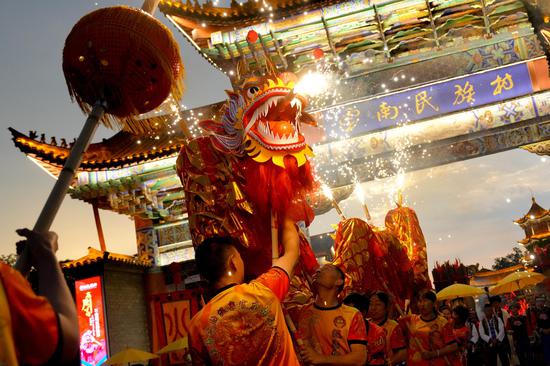
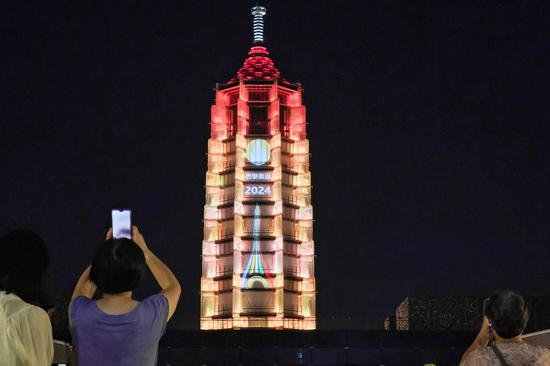
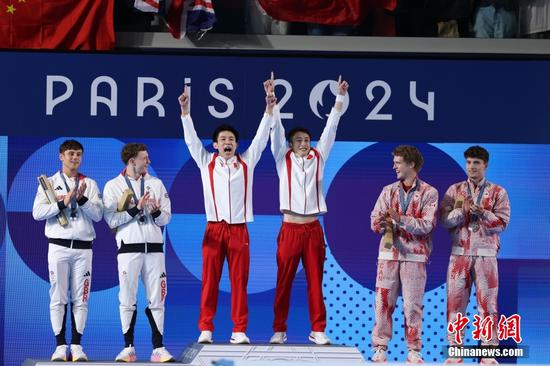
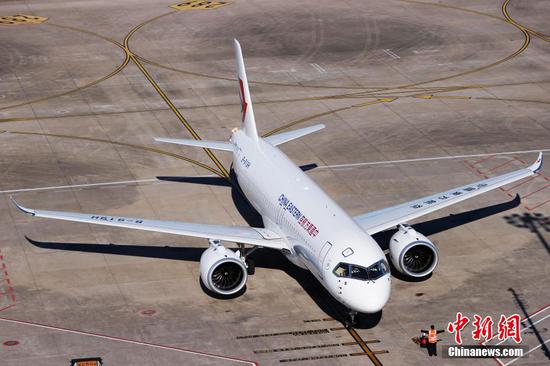

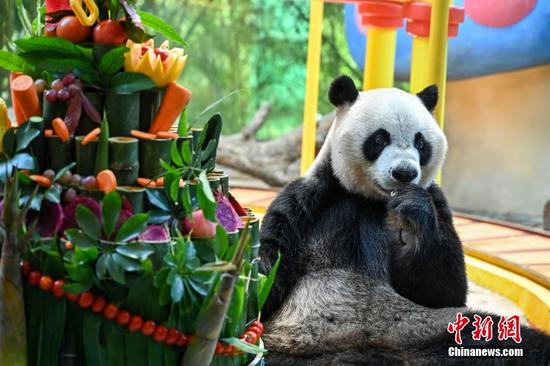
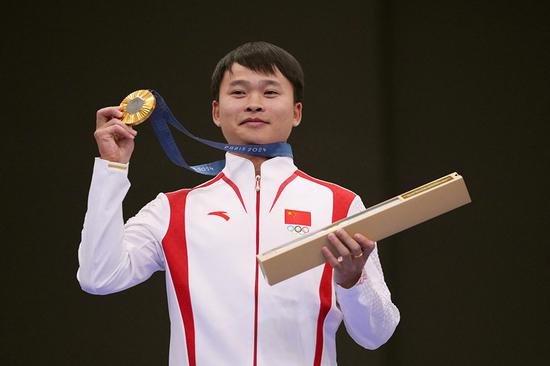
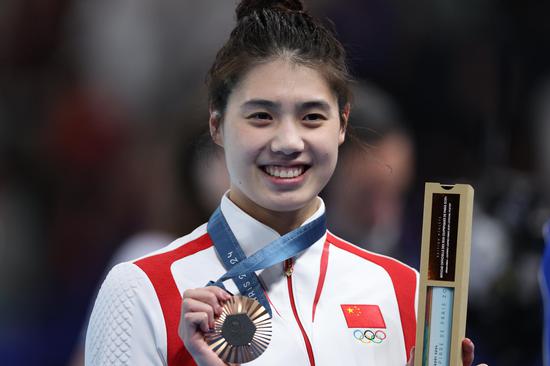
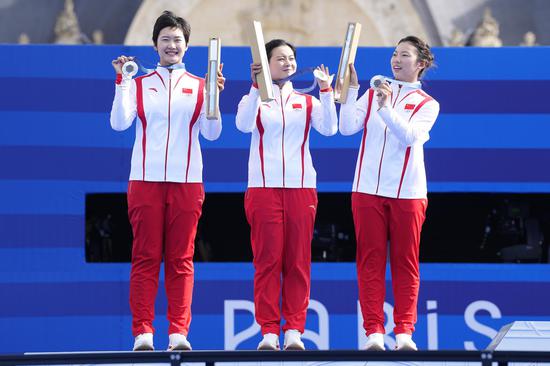



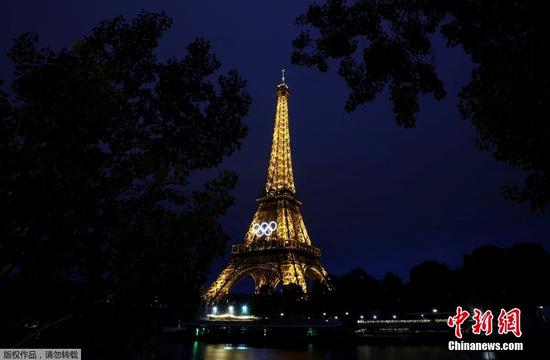
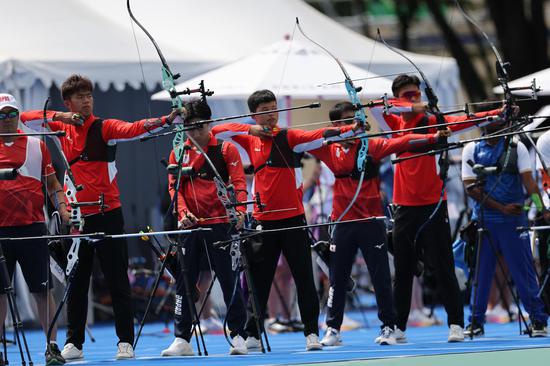
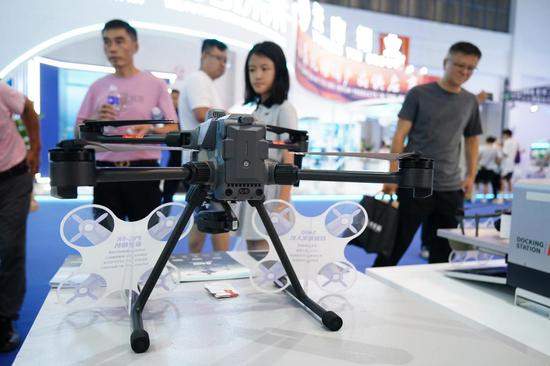

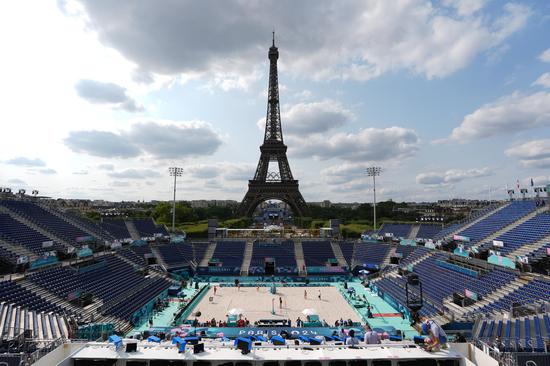
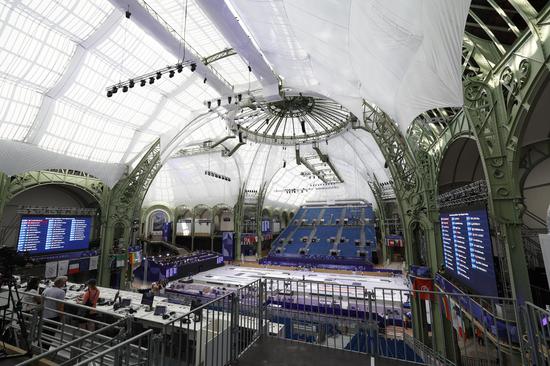
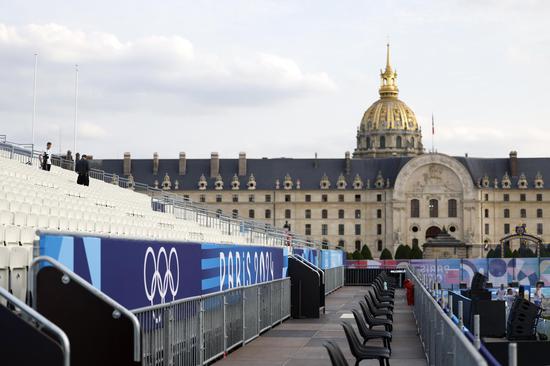


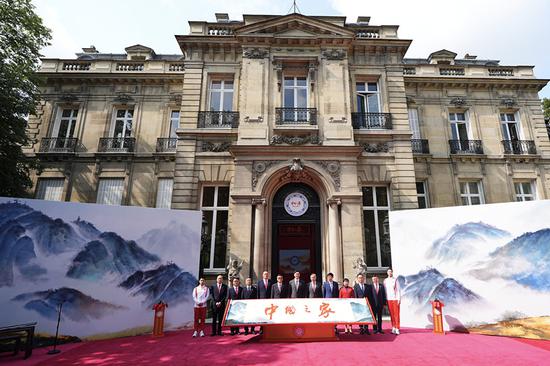
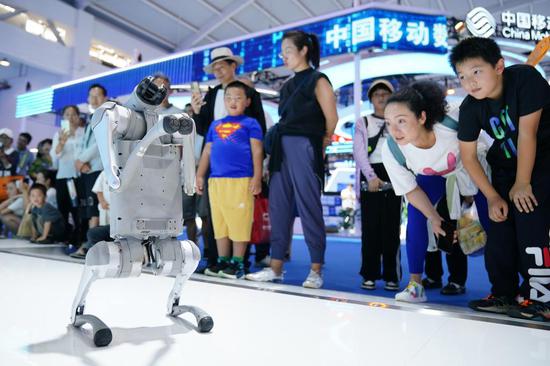
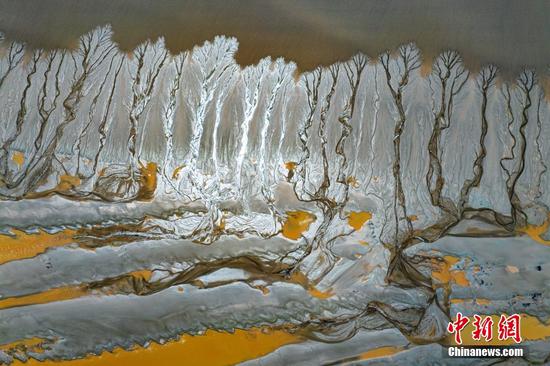
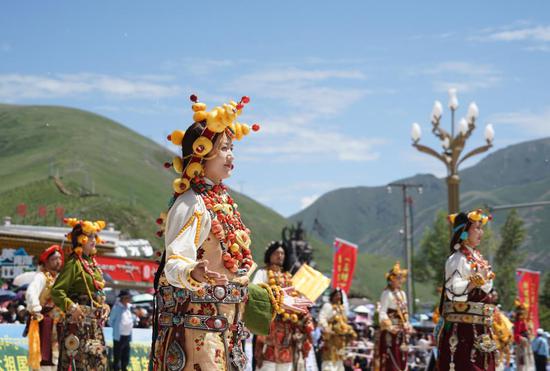
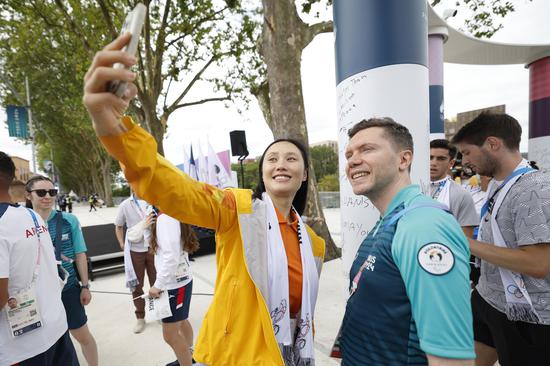
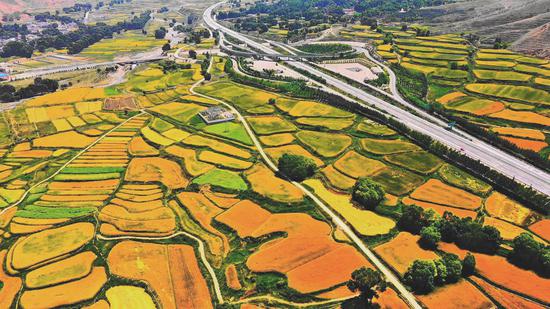
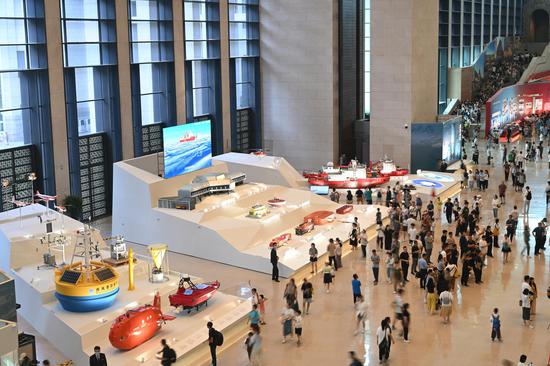


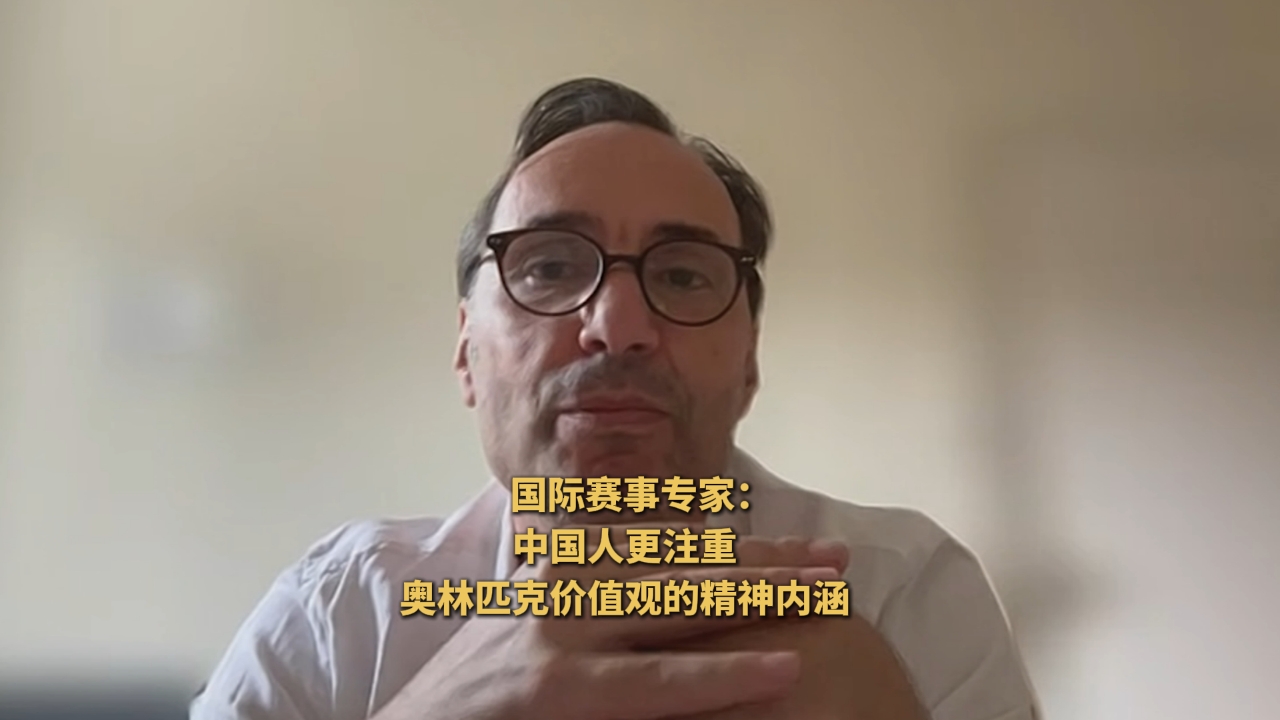

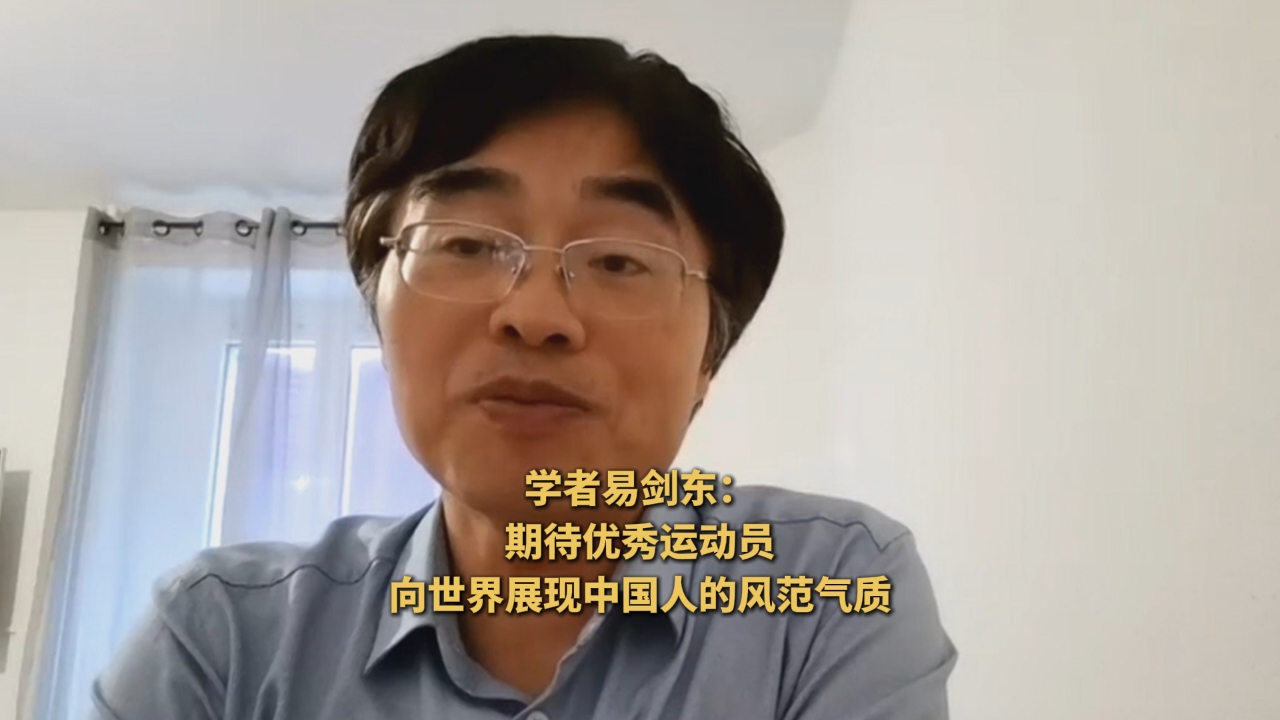

 京公网安备 11010202009201号
京公网安备 11010202009201号